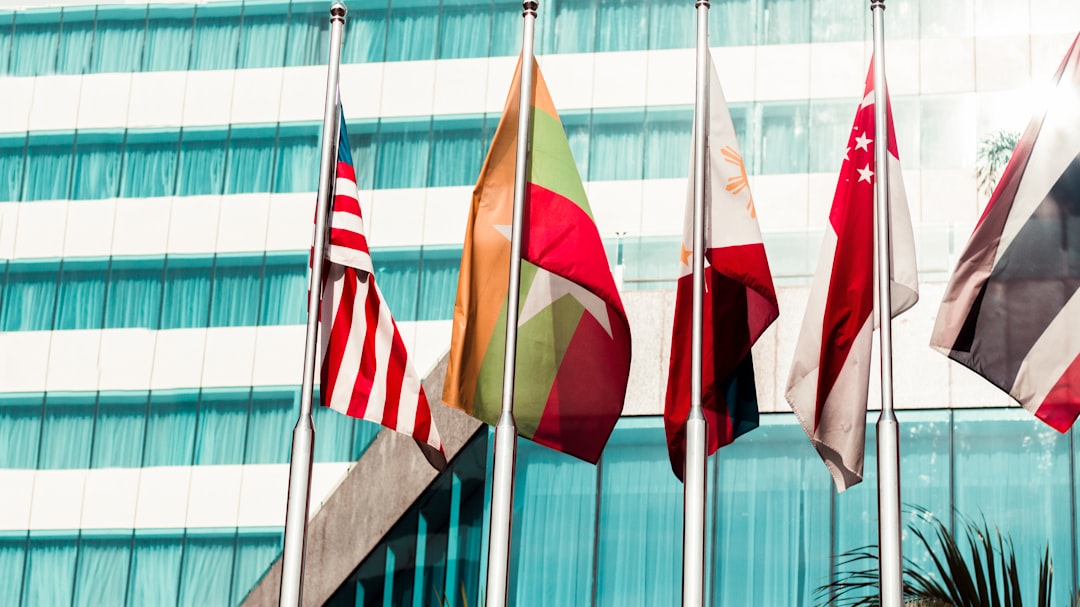What is it about?
Among Latin American men, support for women in politics is particularly shaped by elite cues that validate or undermine female leadership and is subject to a backlash effect in which gender egalitarianism tends to decline as women gain economic power. Conversely among women, individual consciousness-raising experiences such as education and professional employment are especially important in promoting support for female leadership, particularly in contexts where female respondents are surrounded by other empowered women. Support for women in leadership is also higher among people who are frustrated with the status quo and see female candidates as outsiders or potential reformers. The findings suggest that recent advances for female politicians in Latin America may be susceptible to reversal, and also illuminate strategies for strengthening women’s equality in the region.
Featured Image
Read the Original
This page is a summary of: Latin American Attitudes toward Women in Politics: The Influence of Elite Cues, Female Advancement, and Individual Characteristics, American Political Science Review, October 2013, Cambridge University Press,
DOI: 10.1017/s0003055413000385.
You can read the full text:
Contributors
The following have contributed to this page










